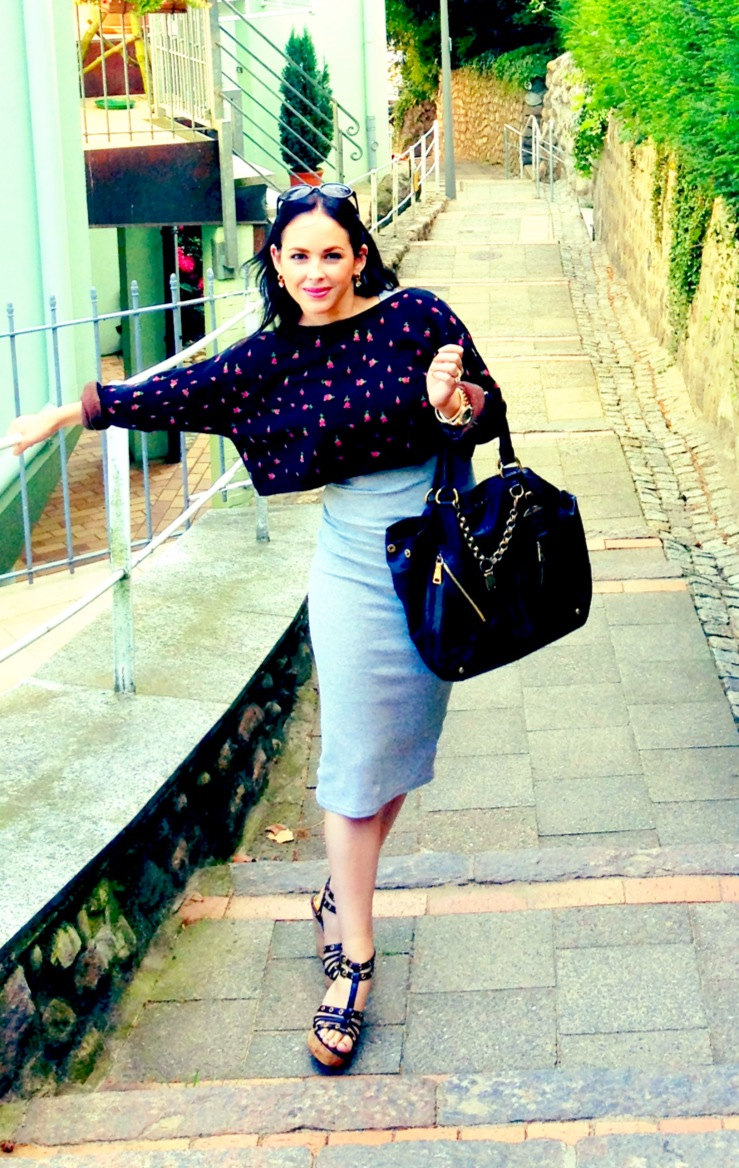I would say I learned the hard way, that attitudes regarding alcohol are quite different in Germany than in Canada. As a twenty-something living in Düsseldorf, (home to the world’s longest bar top if all were placed one after the other, as the legend goes) I very much enjoyed the nightlife. It wasn’t the easiest adjustment however, from Canadian clubs and bars to European-style discos and pubs. Where I am from all local watering holes, nightclubs, restaurants etc., must close by 2:00 am, by law. So my first night out on the town in Düsseldorf’s pub-filled Altstadt, I was not prepared for the long night ahead of me. I was caught up in the dancing and cheering, the Ballerman-style music, and in the sea of decadent dark Altbier. Every now and again I would stop and ponder though, how amazing it was that it wasn’t yet 2:00 am. Really though, 2:00 am had come and gone, and by the time the chairs were being put up on the tables, the sun was out. Lesson learned.
From that point on I realized that alcohol was a very serious component of German culture, and that the power of the pub with its happy music and smooth Kräuterlikör, was not to be underestimated. In Canada, alcohol is viewed as something in need of strict restriction and regulation. In German society it isn’t regarded this way at all. In fact, some would say that much of the country’s identity comes from alcohol and alcohol related products and events. The rivalry between the neighboring cities of Düsseldorf and Köln (Cologne) may have originated from the kidnapping of a princess centuries ago, but today it revolves around who has the better beer. I recall attending my first ice hockey game in Düsseldorf and hearing what I thought was the German national anthem. It turned out that it was not at all the national anthem that the fans stood and sang so jubilantly before each game, but a song about their treasured local beer.
This pride in the local brew is most apparent during Karneval, a beer filled party and parade that takes place in February, in both Düsseldorf and Köln. My first Karneval experience was one like no other. (See photo below.) Hundreds of thousands of people in colorful costumes, swinging steins and singing songs, filled the streets for three days of German-style fun. Most incredible to me though, was that this was no kids’ party. The celebration wasn’t overrun with teenagers or hooligans, so often seen at similar celebrations in Canada. Karneval is for all, and the majority of the revelers were actually my parent’s age.

Karneval crowds, Dusseldorf, Germany
It seems that alcohol isn’t as big a part of teenage disobedience in Germany as it is in North America. For the purchase of beer and wine, the legal age is 16 (and for driving it is 18). I believe that by having more lax laws, the temptation to use alcohol as a tool for rebellion is less enticing. Of course, every society has its issues with alcohol, underage drinking, and violence, but it’s a real change to attend a wild hockey game or a crowded concert and see people enjoying their beverages, cheering loudly, bumping into each other, and . . . not fighting! Such situations would have surely garnered at least a beer on the head at any CFL football game in my hometown of Winnipeg. In Germany however, such encounters often lead to a simple Entschuldigung and a “Cheers!”
After three years in Germany, feeling fully engrossed with the German “celebrate everything” attitude, I then moved to Switzerland. I quickly learned that just because two countries are neighbors and speak the same language does not mean they are going to share similar attitudes about . . . much of anything. My first trip to a bar in the small town of Wadenswil, Switzerland, was a very different experience from my first long night at the German pub. The music was low, the people were quiet, and almost everyone was holding a bottle of cola or a can of Red Bull. What’s going on I thought. After assuming it was just a slow Saturday night, I tried a few other lounges and clubs the following weekends. Turns out, cola and energy drinks, or the even more popular: half beer, half Sprite, seem to be the drinks of choice for many young party-goers in Switzerland. Overall, the attitude about drinking alcohol in Switzerland, or not, seems to stem from their even bigger attitude about health, fitness, and success. The Swiss version of fun is just different, and who can blame people from a land that yields such opportunities for it? This is not to assume that halfway down the Alpine mountain there is not a comfy warm lounge awaiting skiers and hikers; and don’t think such Alpine spots don’t offer the same warm Glühwein or fresh beer that their northern neighbors do. The Swiss enjoy their beverages along with their active outdoor lifestyle, which I find to be a great combination.
Alcohol and related establishments and events are something one can expect to encounter during their German or Swiss expat experience. Some countries have different attitudes about alcohol than others and so, like all facets of social culture we face as expats, it is important to learn how to adapt and respect, to take it all in, and most important – to enjoy. Zum Wohl!



0 Comments